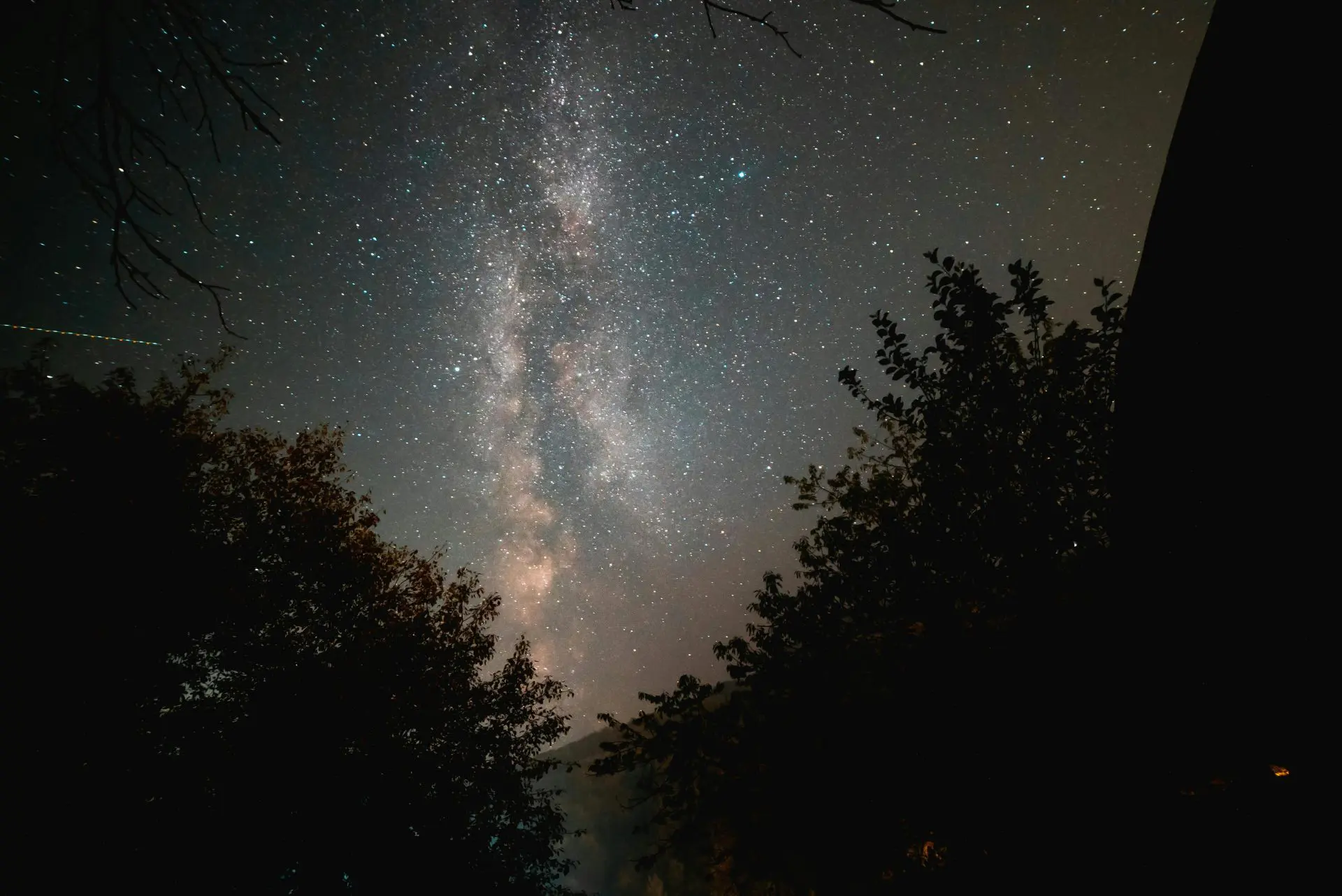Why Do We Fear Death? Understanding Human Mortality

Looking for more amazing products? Check out our online store and explore our collection here! Happy shopping!
Before diving in, please note: This post is for informational purposes only. If you’d like to know more about how we approach topics, feel free to check out our friendly Disclaimer Page.
Hey there, amazing readers! 
We’re committed to delivering quality posts, and your support (even just sticking around despite the ads) means everything to us. So, bear with us, and thanks for helping us keep the good vibes rolling. Now, on to the fun stuff!
TRANSLATE BUTTON AT THE END OF THE ARTICLE
Death—it’s the one certainty of life, yet it’s something most of us try not to think about too often.
Even the thought of it can send a chill down our spines.
Why is that?
Why do we fear death so deeply?
This question has intrigued philosophers, scientists, and spiritual leaders for centuries.
While there’s no single answer, there are fascinating insights into why the fear of death is so universal and what it tells us about being human.
So, let’s dive into this topic with curiosity, compassion, and maybe a touch of existential courage!
The Universal Fear of the Unknown
If there’s one thing humans dislike, it’s the unknown.
Death is the ultimate mystery—what happens when we die?
Is there an afterlife, reincarnation, or simply nothing?
Fear of the Unknown: This fear is deeply rooted in our survival instincts.
Our brains are hardwired to seek certainty and avoid risk.
The mystery of death challenges that wiring, leaving us unsettled.
The Finality of Death: For many, the idea that life as we know it could end forever is difficult to grasp.
What does “forever” even mean, and how do we make peace with it?
Evolution and Survival: A Biological Perspective
From an evolutionary standpoint, fearing death makes perfect sense.
Our ancestors who feared potential threats—predators, illness, or dangerous environments—were more likely to survive and pass on their genes.
Survival Instinct: The fear of death is part of our biological programming.
It motivates us to protect ourselves and avoid harm.
Hyperawareness of Mortality: Humans are unique in our ability to anticipate the future and understand our mortality.
While this ability has helped us thrive as a species, it also burdens us with existential dread.
Psychological Theories: Why We Fear Death
Several psychological theories offer insights into our fear of death.
Here are a few of the most compelling:
Terror Management Theory
This theory suggests that much of human behavior is motivated by a desire to manage the fear of death.
By creating meaning, pursuing achievements, or aligning with cultural values, we distract ourselves from mortality.
Fear of the Dying Process
For many, it’s not just death itself that’s frightening but the process of dying.
Pain, loss of control, and dependency on others are all sources of anxiety.
Attachment to Life
We fear death because we love life.
Our relationships, experiences, and sense of identity are precious, and the thought of losing them can feel devastating.
Explore the Path to Spirituality and Enlightenment – Start Here.
Cultural and Religious Influences
The way we think about death is also shaped by our cultural and religious beliefs.
Cultural Attitudes Toward Death
Western Cultures: In many Western societies, death is often seen as something to be avoided, delayed, or hidden.
This can amplify fear, as it’s rarely discussed openly.
Eastern and Indigenous Cultures: Some cultures embrace death as a natural part of life.
For example, in Buddhism, meditation on death is encouraged as a way to cultivate mindfulness and acceptance.
The Role of Religion
Religious beliefs can both alleviate and heighten the fear of death:
Alleviation: Belief in an afterlife, reincarnation, or a higher purpose can provide comfort and meaning.
Heightened Fear: For some, religious teachings about judgment or punishment after death can increase anxiety.
The Fear of Nonexistence
One of the most profound fears associated with death is the fear of nonexistence.
What does it mean to “not be”?
The Ego and Self-Preservation: Our sense of self is central to how we experience the world.
The idea of losing that self is deeply unsettling.
Time and Consciousness: We’re so used to existing within the flow of time that the concept of timelessness—or “nothingness”—is nearly impossible to comprehend.
Death in Philosophy: Searching for Meaning
Philosophers have long grappled with the fear of death, offering diverse perspectives that challenge us to think deeply about our mortality.
Existentialism
Thinkers like Jean-Paul Sartre and Albert Camus argued that confronting the reality of death can lead to a more authentic and meaningful life.
By accepting our mortality, we’re free to create our own purpose.
Stoicism
Stoic philosophers like Marcus Aurelius encouraged reflecting on death as a way to live fully in the present. “You could leave life right now,” they reminded themselves—not as a grim thought, but as motivation to cherish the moment.
Coping with the Fear of Death
Fear of death is natural, but it doesn’t have to control us.
Here are some strategies for finding peace with mortality:
Embrace the Present Moment
Focusing on the here and now can reduce anxiety about the future.
Practices like mindfulness and meditation can help us cultivate this awareness.
Seek Connection and Meaning
Building strong relationships, contributing to your community, and pursuing meaningful goals can provide a sense of purpose that transcends individual mortality.
Explore Spiritual or Philosophical Beliefs
For many, exploring spiritual or philosophical ideas about life and death can bring comfort and perspective.
Whether it’s through religion, meditation, or philosophical reflection, these practices can offer a sense of continuity or understanding.
Can the Fear of Death Be a Positive Force?
Interestingly, fear of death isn’t always a bad thing.
It can inspire us to:
Protect Ourselves and Others: By taking precautions, we ensure safety for ourselves and our loved ones.
Appreciate Life: Knowing that life is finite can make us treasure our experiences and relationships even more.
Pursue Growth: The awareness of mortality often motivates people to leave a legacy, grow personally, or make a difference in the world.
Death as a Teacher
While death may be frightening, it also has lessons to teach us.
It reminds us of the preciousness of life, the importance of living authentically, and the interconnectedness of all things.
By facing our fear of death head-on, we can transform it into an opportunity for growth, reflection, and gratitude.
And perhaps, in doing so, we’ll come to see death not as the end, but as a natural and meaningful part of the journey.
So, here’s to living fully and embracing the mystery—because life, with all its uncertainties, is worth every moment.

The Enlightenment Journey is a remarkable collection of writings authored by a distinguished group of experts in the fields of spirituality, new age, and esoteric knowledge.
This anthology features a diverse assembly of well-experienced authors who bring their profound insights and credible perspectives to the forefront.
Each contributor possesses a wealth of knowledge and wisdom, making them authorities in their respective domains.
Together, they offer readers a transformative journey into the realms of spiritual growth, self-discovery, and esoteric enlightenment.
The Enlightenment Journey is a testament to the collective expertise of these luminaries, providing readers with a rich tapestry of ideas and information to illuminate their spiritual path.
Our Diverse Expertise
While our primary focus is on spirituality and esotericism, we are equally passionate about exploring a wide range of other topics and niches 

To ensure we provide the most accurate and valuable insights, we collaborate with trusted experts in their respective domains 
Our blog originally focused on spirituality and metaphysics, but we’ve since expanded to cover a wide range of niches. Don’t worry—we continue to publish a lot of articles on spirituality! Frequently visit our blog to explore our diverse content and stay tuned for more insightful reads.
Hey there, amazing reader! 
Check out our store here and take a peek at some of our featured products below! Thanks for being awesome!














